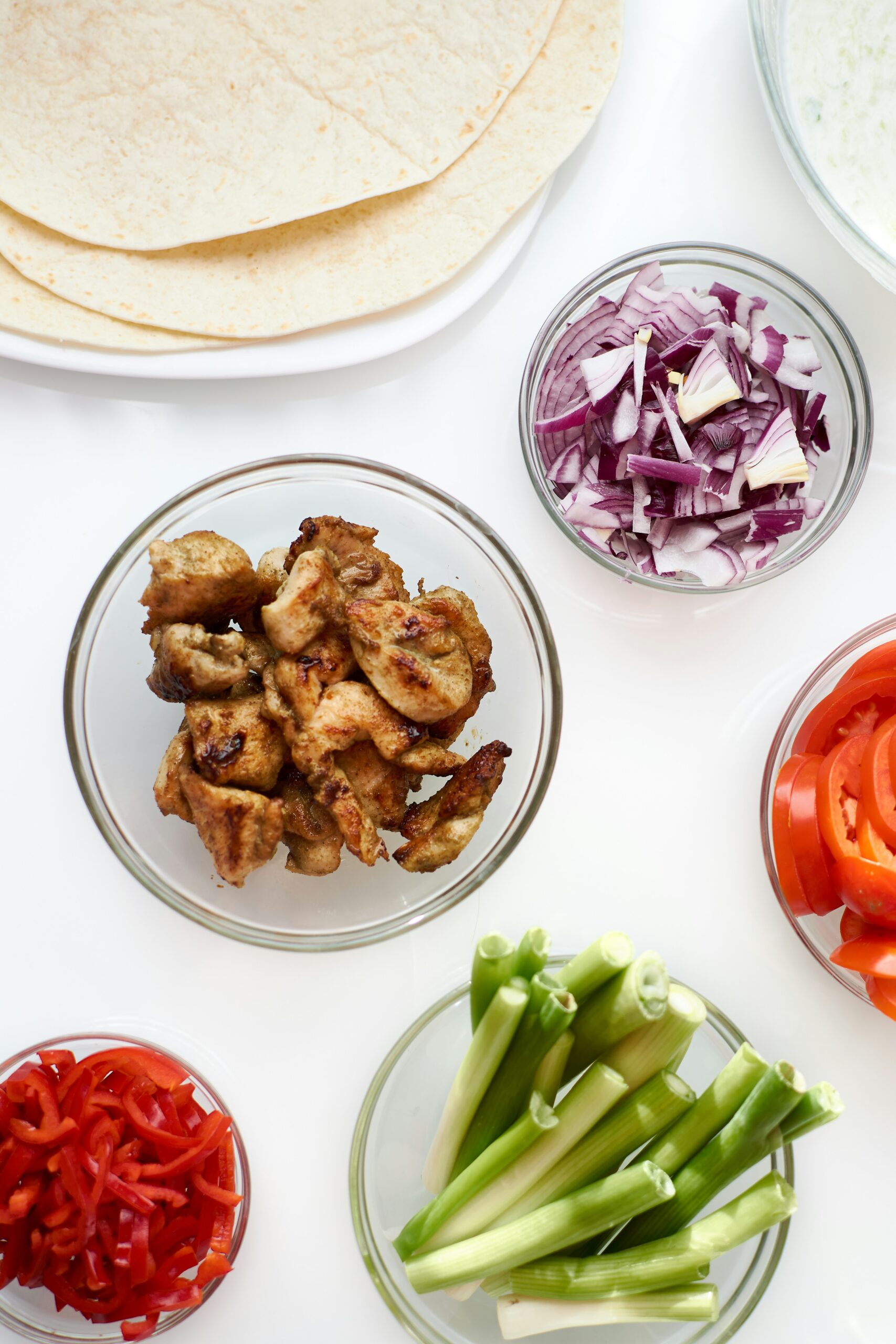

Introduction to Gut Health
Gut health is more than just a trendy topic; it’s the foundation of our overall well-being. Picture your digestive system as a bustling city, with its own highways and byways that transport nutrients while flushing out waste. When everything runs smoothly, we feel energized and vibrant. But when things go awry? Well, it can lead to discomfort, fatigue, and a host of other issues.
So why should you care about gut health? Because what you eat plays a crucial role in how this inner ecosystem thrives. From mood swings to immune function, the state of your gut impacts nearly every aspect of your life. Ready to explore the foods that can help keep this vital part of your body happy? Let’s dig into some delicious ways to support your digestive system!
The Importance of a Healthy Digestive System
A healthy digestive system is essential for overall well-being. It plays a pivotal role in breaking down food and absorbing nutrients. Without this process, our bodies cannot function optimally.
Digestive health impacts energy levels, immune function, and even mood. When our gut is happy, we feel more vibrant and energized. Conversely, digestive issues can lead to fatigue, irritability, and various ailments.
Moreover, the gut houses trillions of microorganisms that support immunity. These beneficial bacteria help fend off illness while promoting a balanced internal environment.
A robust digestive system also contributes to weight management. A well-functioning gut helps regulate appetite hormones and metabolism.
Emphasizing gut health leads to better nutrient absorption too. Nutrients from foods are vital for cellular repair and growth; without them, our body struggles to maintain its vitality.
Foods that Promote Good Gut Health
Eating for a healthy gut is simpler than you might think. Many foods are packed with nutrients that can support your digestive system.
Fruits and vegetables are top choices. They provide fiber, which helps keep everything moving smoothly in your intestines. Apples, bananas, berries, broccoli, and leafy greens should be staples on your plate.
Whole grains also play a role. Oats, brown rice, and quinoa contain prebiotics that feed beneficial gut bacteria. This promotes balance within the microbiome.
Fermented foods deserve special mention too. Yogurt, kefir, kimchi, sauerkraut, and miso are rich in probiotics—those friendly bacteria essential for digestion.
Nuts and seeds offer healthy fats along with additional fiber to aid digestion. Incorporating these into snacks or meals boosts overall gut health while satisfying cravings.
Making small dietary changes can lead to significant improvements in how you feel daily.
Incorporating Probiotics and Prebiotics into Your Diet
Probiotics and prebiotics play essential roles in gut health. Probiotics are live bacteria that provide benefits when consumed, while prebiotics act as food for these beneficial microbes.
To incorporate probiotics into your diet, consider foods like yogurt, kefir, sauerkraut, and kimchi. These options are rich in helpful bacteria that can enhance digestion and strengthen your immune system.
Prebiotic-rich foods include garlic, onions, bananas, and asparagus. They help nourish the good bacteria already in your gut. Adding a variety of these foods to your daily meals is easy and delicious.
Smoothies can be a great way to mix both probiotics and prebiotics. Blend some yogurt with fruits high in fiber or toss spinach with garlic sautéed mushrooms for a tasty side dish packed with nutrients.
Experimenting with different recipes can make it fun to boost gut health naturally!
Foods to Avoid for Maintaining Gut Health
Certain foods can wreak havoc on your gut health. Processed foods often contain additives and preservatives that disrupt the natural balance of gut bacteria. These ingredients are hard for your digestive system to process.
Sugary snacks and beverages also pose a risk. They can lead to an overgrowth of harmful bacteria, creating an imbalance in your microbiome. This may result in bloating, gas, or discomfort.
High-fat diets loaded with saturated fats can contribute to inflammation as well. Fast food and fried items not only affect digestion but can also impair nutrient absorption.
Excessive alcohol consumption is detrimental too. It irritates the lining of the intestines and alters gut flora, which may compromise overall digestive function.
Being mindful of what you eat helps keep your gut happy and functioning properly. Making informed choices empowers you toward better health every day.
Conclusion: Nourish Your Gut, Nourish Your Body
Your gut is more than just a processing center for food. It’s a complex ecosystem that plays a vital role in your overall health. By understanding the importance of maintaining good gut health, you can make informed choices about what to eat.
Incorporating foods that promote healthy digestion into your diet is key. Think fiber-rich fruits and vegetables, whole grains, fermented foods, and lean proteins. These options not only support digestive function but also enhance nutrient absorption and boost immunity.
Don’t forget about probiotics and prebiotics! They work together to nourish the beneficial bacteria in your gut. Yogurt, kefir, sauerkraut, garlic, onions—these are all excellent additions to your meals.
Be mindful of what you avoid as well. Processed foods high in sugar can disrupt the balance of good bacteria in your gut. Artificial sweeteners may also have negative effects on digestive health over time.
Nourishing your gut means nourishing your body holistically. Paying attention to what you consume will lead to improved digestion and better overall wellness. Embrace these changes slowly; small adjustments often yield significant benefits over time.
